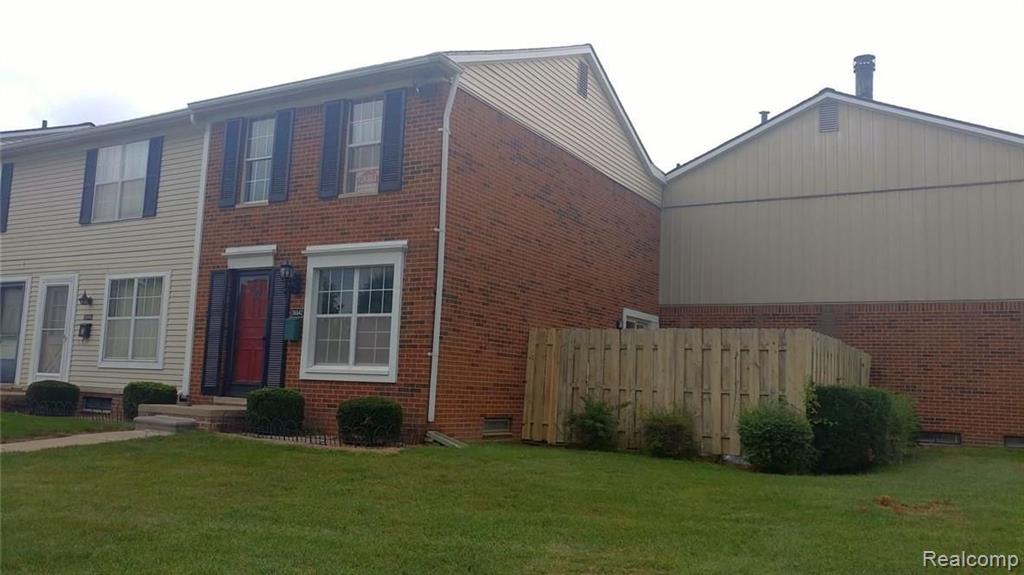
In the competitive world of luxury real estate, success hinges on meticulous planning, market insight, and strategic decision-making. For Zeewa Development Company, a leader in high-end property development, conducting comprehensive real estate feasibility studies is a critical step in ensuring the viability and profitability of its luxury projects. These studies provide a detailed analysis of the market, financial projections, and potential risks, enabling Zeewa to make informed decisions and deliver exceptional value to its clients and investors.
Understanding Real Estate Feasibility Studies
A real estate feasibility study is an in-depth analysis that evaluates the potential success of a proposed development project. It examines various factors, including market demand, location, financial viability, regulatory requirements, and potential risks. For luxury properties, these studies are even more critical, as the stakes are higher, and the target audience is more discerning. Zeewa Development Company leverages these studies to ensure that its projects align with market trends, meet the expectations of affluent buyers, and deliver sustainable returns on investment.
Key Components of Feasibility Studies for Luxury Properties
- Market Analysis
The foundation of any real estate feasibility study is a thorough market analysis. For luxury properties, this involves understanding the preferences and behaviors of high-net-worth individuals (HNWIs). Zeewa Development Company conducts extensive research to identify trends in luxury real estate, such as the demand for smart homes, sustainable design, and exclusive amenities. The study also evaluates the competitive landscape, analyzing similar projects in the area to determine how Zeewa’s offerings can stand out. - Location Assessment
Location is a defining factor in luxury real estate. Zeewa’s feasibility studies include a detailed assessment of the proposed site, considering factors such as accessibility, proximity to key amenities, and the overall desirability of the neighborhood. The study also examines the potential for future growth and development in the area, ensuring that the property will appreciate in value over time. - Financial Projections
A critical aspect of the feasibility study is the financial analysis. This includes estimating the total development costs, projected sales revenue, and potential profitability. Zeewa Development Company works with financial experts to create detailed models that account for construction expenses, marketing costs, and potential market fluctuations. The study also evaluates financing options and identifies potential sources of funding. - Regulatory and Legal Considerations
Luxury property development is subject to a range of regulatory and legal requirements. Zeewa’s feasibility studies include a review of zoning laws, building codes, and environmental regulations to ensure compliance. The study also identifies any potential legal challenges that could arise during the development process, allowing Zeewa to address them proactively. - Risk Assessment
Every development project carries inherent risks, and luxury properties are no exception. Zeewa’s feasibility studies include a comprehensive risk assessment, identifying potential challenges such as market downturns, construction delays, and changes in consumer preferences. The study also outlines strategies to mitigate these risks, ensuring the project’s long-term success.
The Role of Technology in Feasibility Studies
In today’s digital age, technology plays a crucial role in real estate feasibility studies. Zeewa Development Company utilizes advanced tools and software to enhance the accuracy and efficiency of its analyses. Geographic Information Systems (GIS) are used to assess location data, while financial modeling software provides detailed projections. Additionally, Zeewa leverages data analytics to gain insights into market trends and consumer behavior, ensuring that its luxury properties are tailored to the needs of its target audience.
Case Study: Zeewa’s Flagship Luxury Development
To illustrate the importance of feasibility studies, consider Zeewa’s flagship luxury development, a high-end residential complex in a prime urban location. The real estate feasibility study for this project included a detailed market analysis, which revealed a growing demand for eco-friendly luxury homes among HNWIs. Based on this insight, Zeewa incorporated sustainable design features, such as solar panels and energy-efficient systems, into the development.
The location assessment highlighted the site’s proximity to top-tier schools, fine dining establishments, and cultural attractions, making it highly desirable for affluent buyers. Financial projections indicated strong potential for profitability, with projected sales revenue exceeding development costs by a significant margin. The study also identified potential risks, such as rising construction costs, and outlined strategies to mitigate them, such as securing fixed-price contracts with suppliers.
Thanks to the comprehensive real estate feasibility study, Zeewa was able to move forward with confidence, delivering a luxury property that exceeded market expectations and generated substantial returns for investors.
Conclusion
For Zeewa Development Company, real estate feasibility studies are an indispensable tool in the development of luxury properties. By conducting thorough market analyses, assessing locations, creating detailed financial projections, and identifying potential risks, Zeewa ensures that its projects are not only viable but also profitable and sustainable. In an industry where excellence is the standard, these studies enable Zeewa to maintain its position as a leader in luxury real estate development, delivering exceptional value to its clients and investors alike.
Through a combination of market insight, strategic planning, and cutting-edge technology, Zeewa Development Company continues to set the benchmark for luxury property development, transforming visions into reality and creating timeless spaces that redefine luxury living.
